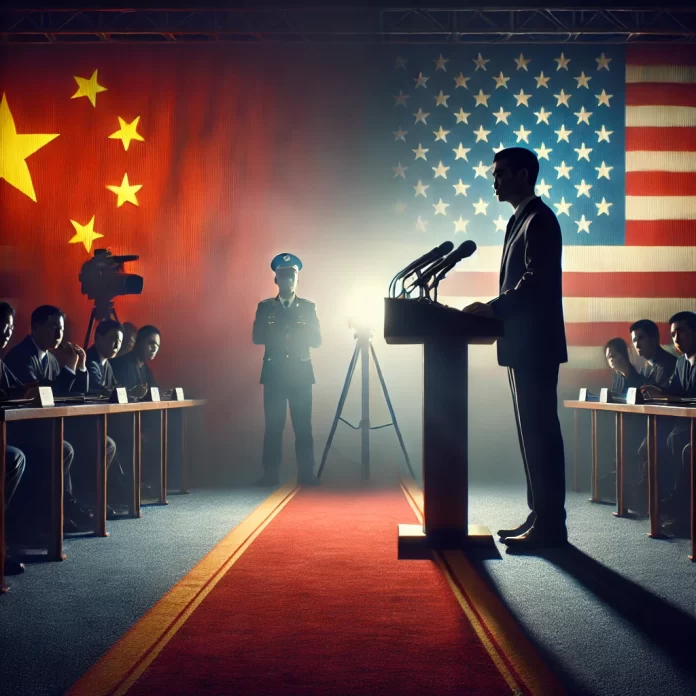China has warned the United States for approving a major arms sale to Taiwan and visit of Taiwan President Lai. The deal, announced on November 29, is valued at approximately $385 million (S$517 million) and includes spare parts and support for F-16 fighter jets and radar systems. This sale is part of the US commitment to help Taiwan defend itself, even though the two do not have formal diplomatic ties.
US Approves Arms Sale to Taiwan
The arms package was approved by the US State Department and reported by the Pentagon shortly before Taiwan’s president began a diplomatic trip that included transit stops in the US. Beijing has called the sale a direct challenge to its sovereignty and accused the US of undermining relations between the two countries.
China’s Strong Reaction to President Lai’s Visit
China’s Foreign Ministry has issued strong statements condemning the US actions. It claimed the arms sale sends “a wrong signal” to those in Taiwan advocating for independence. Beijing believes such moves threaten the stability of US-China relations.
In addition to opposing the arms deal, China is upset over the transit arrangements for Taiwan’s president Lai’s during his visit to the Pacific. Stops in Hawaii and Guam as part of the trip have sparked sharp criticism from Beijing. The Chinese government firmly opposes any official interaction between the US and Taiwan, viewing such exchanges as a violation of its “One China” policy.
China’s Growing Influence in Indo-Pacific Poses Threat for US Bases in Guam and Mariana Islands
Beijing has also labeled Taiwan’s president as a “separatist” leader and accused the US of encouraging forces that aim to make Taiwan an independent nation.
US-Taiwan Relations and Chinese Concerns over President Lai
The US has maintained its stance of supporting Taiwan through the Taiwan Relations Act, which requires Washington to provide Taiwan with defensive weapons. While the US does not formally recognize Taiwan as a country, it continues to treat the island as an important partner in the Indo-Pacific region.
China, however, sees Taiwan as a part of its territory and considers any move to support its independence a threat to its sovereignty. Beijing has consistently opposed arms sales to Taiwan, arguing that such actions escalate tensions in the region and damage its relationship with the US.
China Warns of Espionage Through Idle Network Devices
This latest arms deal and Taiwan’s president’s US transit have added fuel to an already tense situation. China has vowed to take “resolute countermeasures” but has not specified what actions it will take.
Taiwan’s President Lai Ching-te made a brief transit stop in Hawaii as part of his diplomatic tour to strengthen ties with Taiwan’s allies in the Pacific region. This visit came amidst heightened tensions with China, which opposes any official interactions between Taiwan and other nations. President Lai used the stop to engage with Taiwanese expatriates and emphasize Taiwan’s commitment to global partnerships, even under challenging geopolitical conditions.
The transit in Hawaii drew strong criticism from Beijing, which views such visits as violations of its sovereignty. China has consistently objected to Taiwan’s leaders traveling through or engaging in any form of official activity in the United States. Despite this, the stop was considered an important opportunity for Taiwan to showcase its democratic values and reinforce international support amid ongoing pressure from China.
China’s reaction highlights the sensitivity of Taiwan’s status and the challenges in US-China relations. Both issues remain central to the diplomatic tensions between the two nations.


